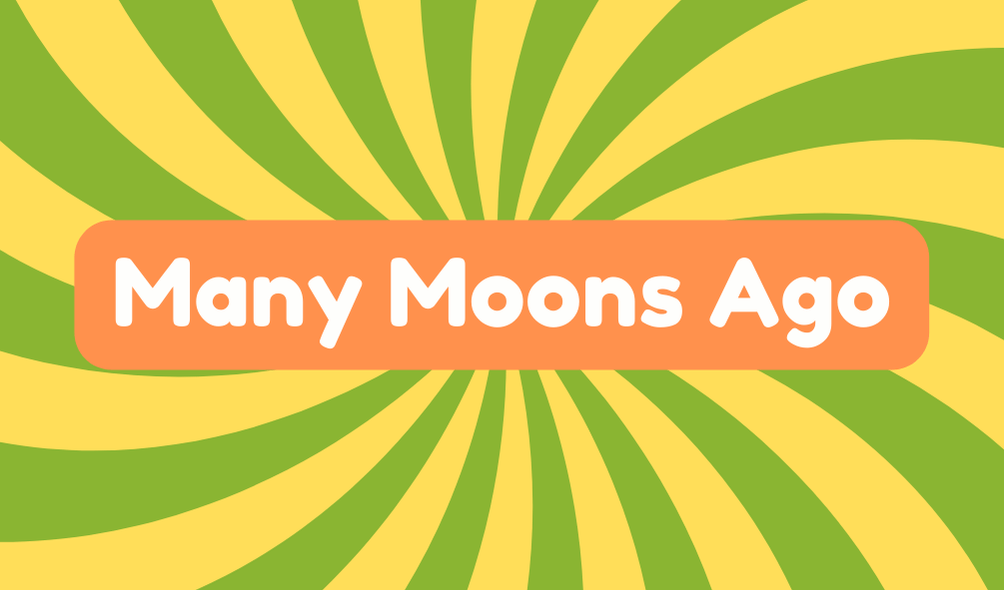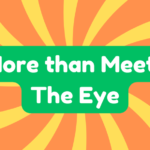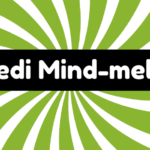"Many moons ago" is a phrase that conveys a sense of nostalgia while emphasizing the importance of storytelling in various cultures. Originally rooted in lunar calendars, this expression captures significant historical moments and collective memories. It often romanticizes the past, yet can obscure specific details of historical events. Critics argue that relying on such vague expressions may hinder our understanding of changes over time. Nonetheless, the phrase remains relevant today, as it connects individuals to their heritage and shared narratives. Exploring its origins and implications reveals deeper insights into how we view our history and identity.
Synonyms
Synonyms for the term "many moons ago" enrich the expression and provide alternative ways to convey the concept of a significant time lapse. These variations effectively capture the nostalgic essence of reminiscing about Ages Past and events that occurred Eons Back. Consider the following options:
- Ages ago
- Eons ago
- A long time ago
- In the distant past
While these phrases serve the purpose of denoting a lengthy timeframe, their usage can sometimes feel imprecise. It is essential to recognize that relying solely on such expressions might lead to vagueness regarding specific chronological facts. The aim should always be to foster clarity in communication while preserving the depth of historical context.
Example of Sentences
The phrase "many moons ago" often serves as a poignant entry point into discussing events that shape our collective memory. By utilizing this idiom, we can conjure vivid images reflecting the past, such as:
- Ancient storytellers gathered by the fire, reliving adventures from lunar calendars.
- Generations uniting under night skies, sharing folklore passed down through the ages.
- A flourishing forest now replaced by bustling streets, a reflection of time's relentless march.
- The birth of groundbreaking technologies, once mere dreams of those who existed many moons ago.
Despite its charm, we must critically examine how such expressions shape our understanding of history and memory. They highlight the role of storytelling traditions in connecting us to the past, reminding us that not all memories are accurately preserved.
Origin
Although rooted in lunar calendar cultures, the phrase "many moons ago" reflects a broader temporal understanding shared across diverse societies. Its origins reveal a rich historical context, as various Indigenous cultures utilized moon phases for practical timekeeping, marking significant events over lengthy periods. The cultural significance of this expression is manifested in its application within storytelling and oral traditions, allowing distant events to resonate with contemporary audiences. Additionally, while the phrase evokes nostalgia, it invites skepticism regarding its romanticized interpretations. Through its literary use, "many moons ago" reveals the interplay between historical truth and creative embellishment. Understanding this phrase demands a balanced approach, recognizing both its poetic charm and the historical realities it implicitly references.
Collocations
Collocations associated with the phrase "many moons ago" enhance its expressive power in both spoken and written language. Such expressions evoke rich imagery and create a vivid connection to history. Reminiscent of this, one might consider:
- Moon phases marking the passage of time.
- Whispers of ancient legends that linger in the air.
- Echoes of forgotten tales shared under starry skies.
- Shadows of long-lost civilizations that inform our present.
These collocations draw from historical storytelling, weaving past narratives into our current consciousness. However, while the charm of these phrases captivates, one must remain critical of their vague nature; they can sometimes obscure the specifics of historical events. In an era craving authenticity, clarity in language is paramount, even when reminiscing about a time long gone.
How to Use in Everyday Language
In informal conversations or storytelling, the phrase "many moons ago" serves as a poetic device to evoke a sense of nostalgia and highlight the passage of time. This time expression adds depth to narratives, enhancing storytelling techniques by drawing the listener's attention to significant historical milestones. Utilizing "many moons ago" can transform mundane recollections into vivid reflections, creating emotional connections that enrich the storytelling experience. While its charm is undeniable, one should be cautious not to rely solely on such expressions; overuse may render them cliché. Striking a balance between innovative language and traditional time expressions can elevate discourse, inviting both engagement and contemplation. Consider weaving this phrase thoughtfully into conversations for maximum impact.
Why Is It Still Relevant Today?
Why does the phrase "many moons ago" continue to resonate in contemporary discourse? Its cultural significance lies in its ability to evoke nostalgia, bridging past and present through storytelling techniques. This idiom encapsulates a longing for a simpler time, reminding us that historical narratives shape our identities. In an era where rapid change can make continuity feel elusive, this phrase underscores our need to connect with heritage and memory. However, one might question its relevance amidst a focus on innovation and progress. Critics argue that such antiquated expressions may hinder a forward-thinking mindset. Yet, as we seek to craft new stories, acknowledging the wisdom of our past can foster understanding and creativity, ultimately enriching our contemporary experiences.







